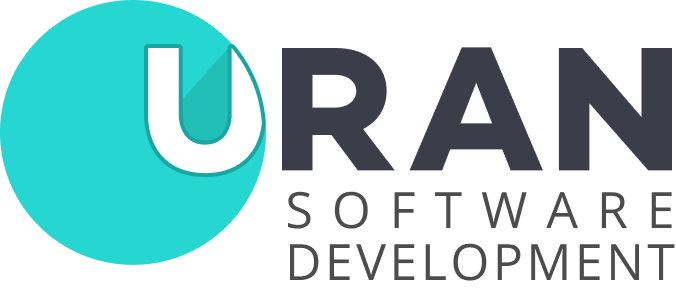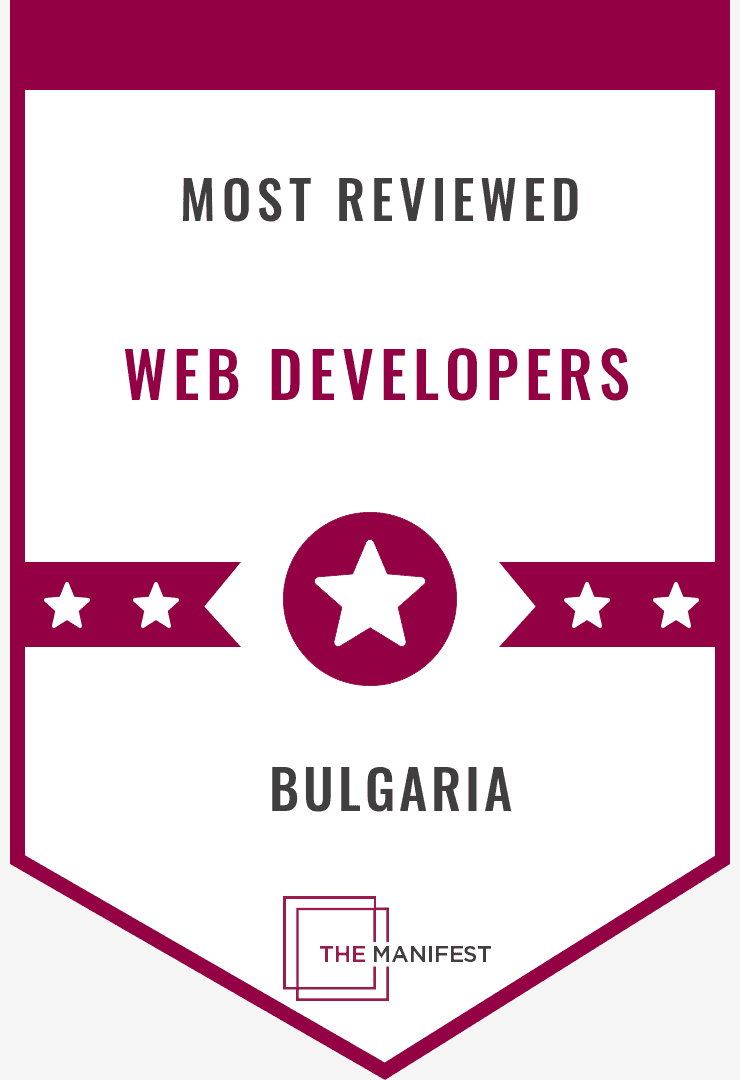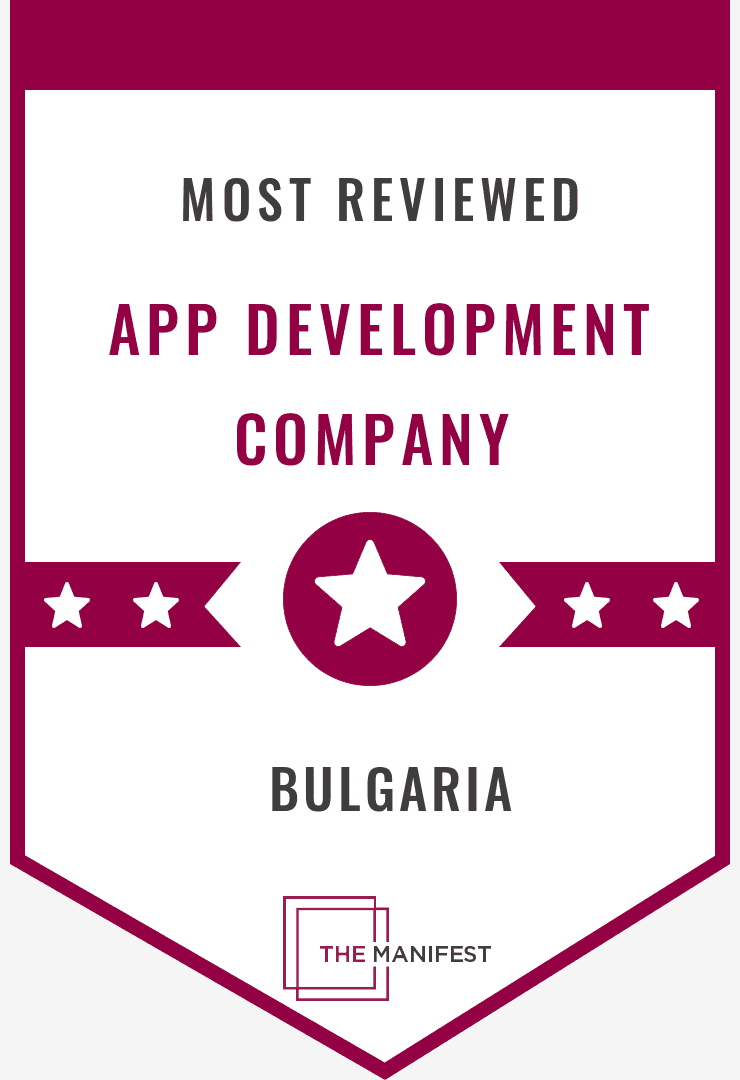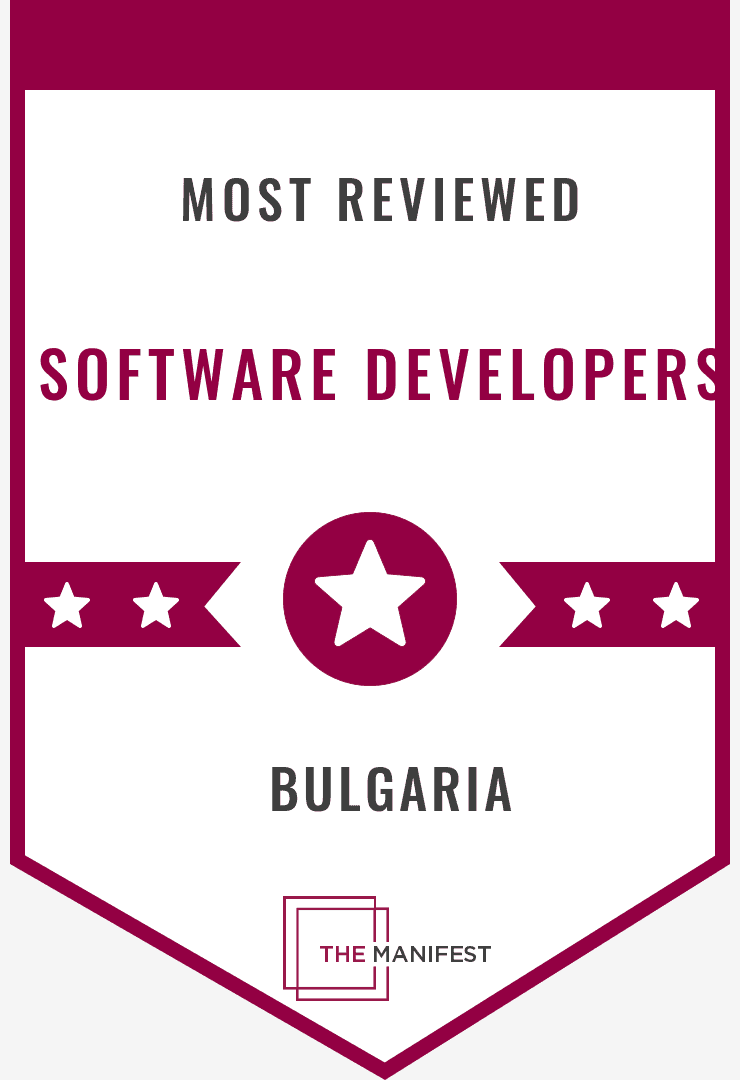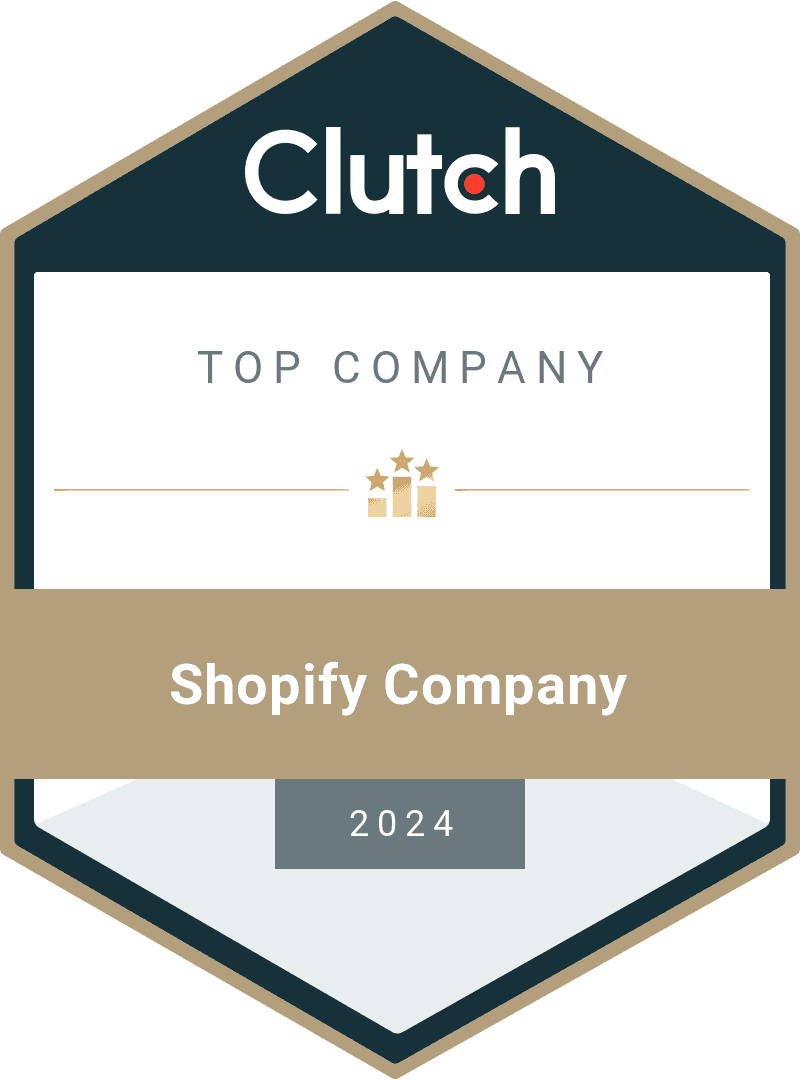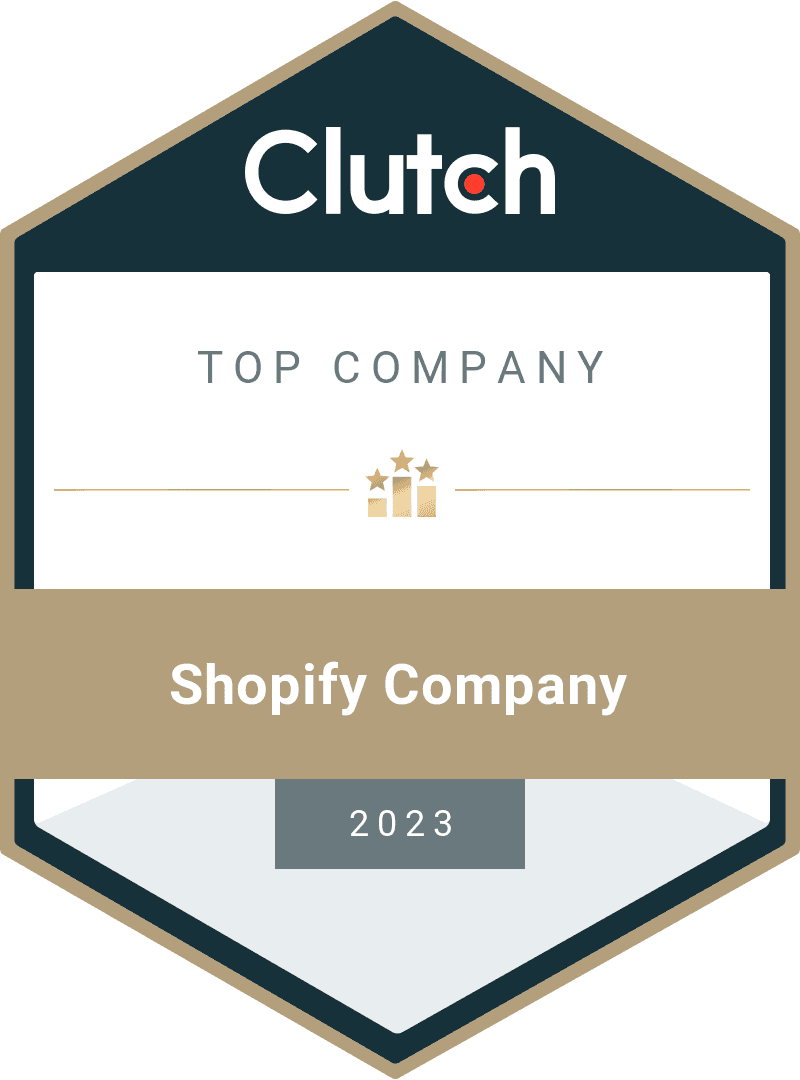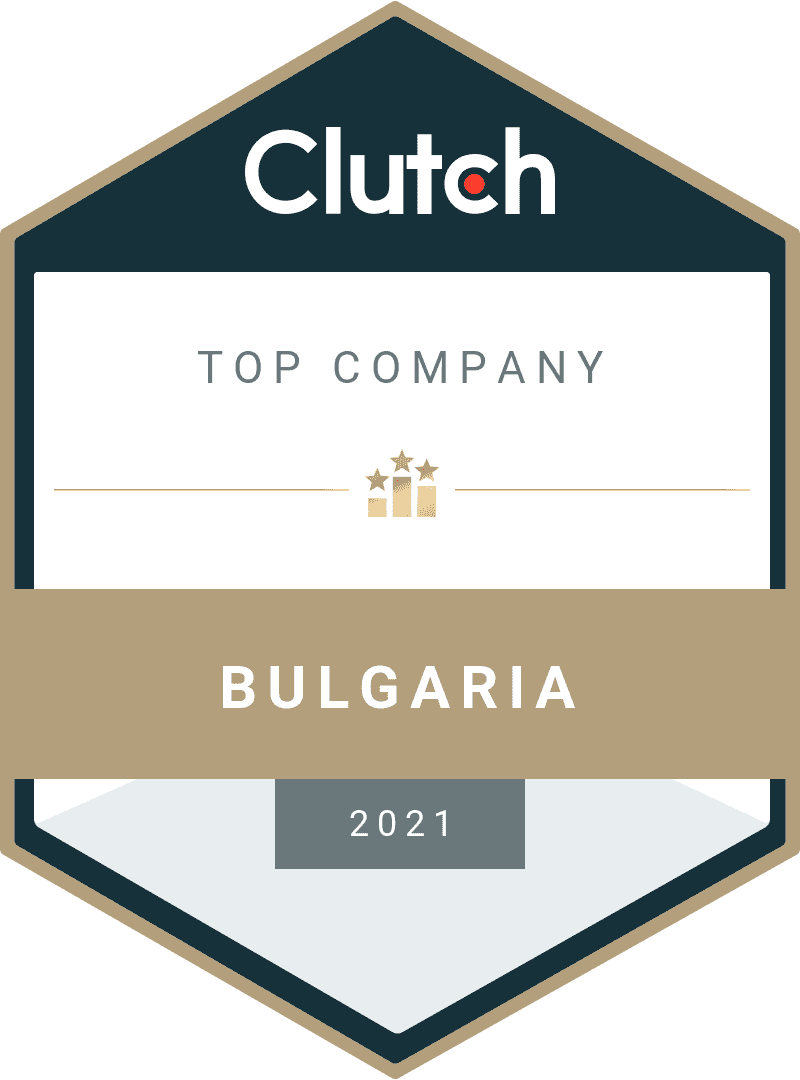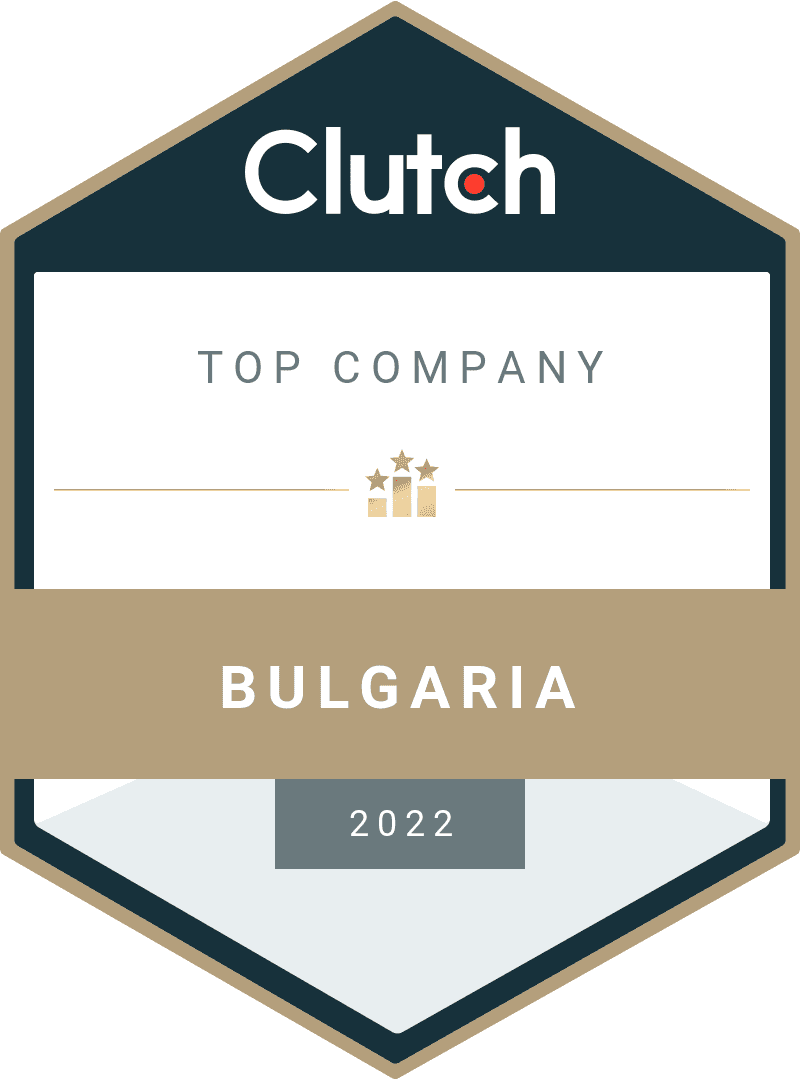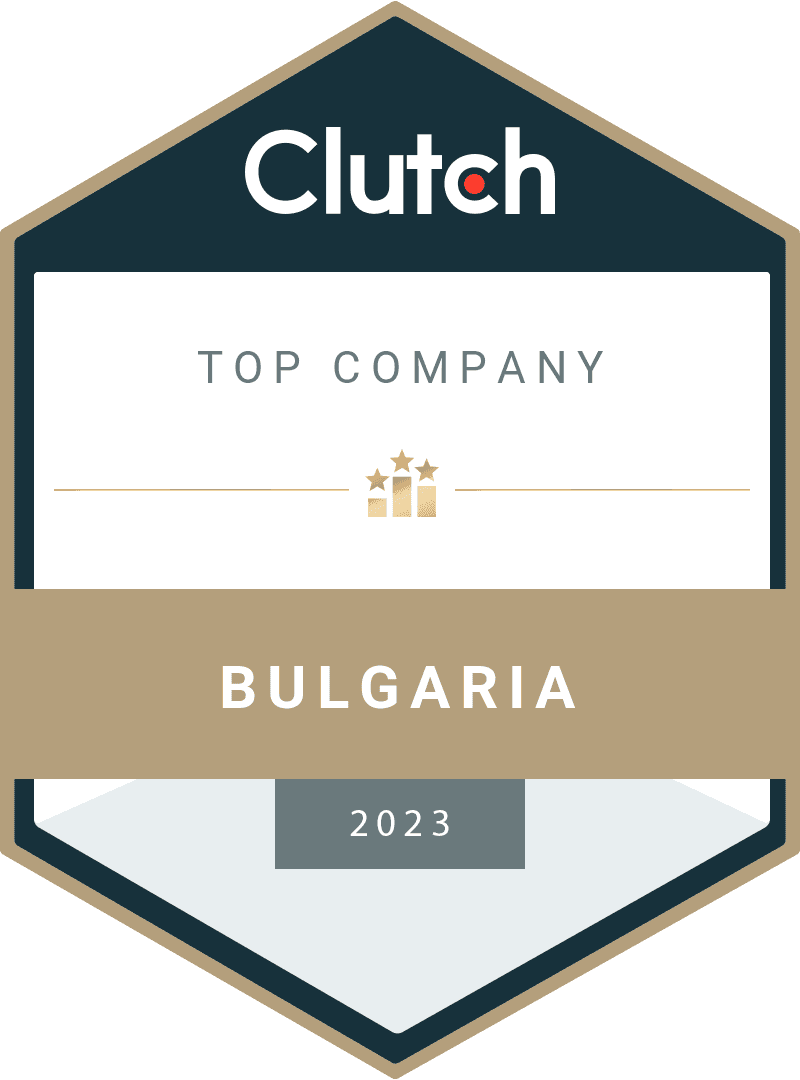The landscape of eCommerce is constantly evolving, driven by technological advancements and changing consumer preferences. One of the platforms that has been gaining traction for its flexibility and robust features is Sylius. In this article, we will explore the current state of Sylius development, emerging trends, and the future outlook for this versatile eCommerce platform.
What is Sylius?
Sylius is an open-source eCommerce framework built on Symfony, a leading PHP framework. It is designed for businesses that require a highly customizable and scalable solution for their online stores. Sylius offers a comprehensive set of features, including product management, order processing, and customer management, which can be tailored to meet the unique needs of any eCommerce business.
Key Features and Advantages of Sylius Development
Sylius stands out from other eCommerce platforms due to its modular architecture, which allows developers to add or remove components based on specific business requirements. This flexibility makes it an ideal choice for both small businesses and large enterprises.
Key advantages of Sylius include:
- Customizability: High degree of customization to fit unique business needs.
- Scalability: Ability to scale with business growth.
- Modern Technology: Built on Symfony, leveraging modern PHP standards.
- Community Support: Active community contributing to continuous improvement and innovation.
Market Positioning and Competitive Landscape
Sylius competes with other eCommerce platforms like Magento, Shopify, and WooCommerce. However, its open-source nature and flexibility give it an edge for businesses looking for a tailored solution. Sylius is particularly favored by companies that need a robust and adaptable framework without the constraints of a one-size-fits-all platform.
Current State of Sylius Development
The adoption of Sylius has been steadily increasing as more businesses recognize its potential. Its ability to handle complex eCommerce requirements has made it a popular choice among developers and business owners alike. The platform's growth is also fueled by its strong community and regular updates that keep it at the forefront of eCommerce technology.
Case Studies of Successful Sylius Implementations
One notable case study is the project undertaken by Uran Company for Ibis, a leader in touristic eCommerce platforms. Ibis faced significant challenges with their existing website, which was outdated and slow. The platform's focus on hunting equipment also hindered promotional efforts. Ibis sought a modern solution that could enhance SEO performance and provide an exceptional user experience (UX).
Our team leveraged Sylius to develop a cutting-edge platform that separated regular users from those focused on specific product categories. This segregation allowed for more targeted promotions and improved user engagement. The new platform's performance improvements and modern UX significantly boosted Ibis's online presence and customer satisfaction.

Emerging Trends in Sylius Development
Headless and API-First Approach
One of the prominent trends in Sylius development is the adoption of a headless and API-first approach. This architecture allows businesses to decouple the frontend and backend, providing greater flexibility in how content is delivered to various devices. With an API-first approach, Sylius can seamlessly integrate with other systems and services, enabling more dynamic and responsive eCommerce experiences.
Personalization and Customer Experience
As eCommerce becomes increasingly competitive, personalization has emerged as a critical factor for success. Sylius supports advanced personalization features that allow businesses to tailor the shopping experience to individual customers. This includes personalized product recommendations, targeted promotions, and customized user interfaces. By leveraging these capabilities, businesses can enhance customer satisfaction and drive higher conversion rates.
AI and Machine Learning Integration
Artificial Intelligence (AI) and Machine Learning (ML) are transforming the eCommerce landscape, and Sylius is at the forefront of this revolution. By integrating AI and ML, Sylius can offer predictive analytics, personalized recommendations, and automated customer service. These technologies enable businesses to better understand customer behavior, anticipate their needs, and provide a more engaging shopping experience.
Blockchain and Cryptocurrency Integration
With the rise of blockchain technology and cryptocurrencies, Sylius is exploring ways to integrate these innovations into eCommerce platforms. Blockchain can enhance security and transparency in transactions, while cryptocurrencies offer alternative payment methods that appeal to tech-savvy customers. Sylius's flexible architecture makes it well-suited to adopt these emerging technologies, providing businesses with new opportunities for growth.
How to Find and Choose a Reliable Sylius Development Agency?
Selecting the right Sylius development agency is crucial for the success of an eCommerce project. Here are some tips to find a reliable partner:
- Experience: Look for agencies with a proven track record in Sylius development.
- Portfolio: Review their previous projects to assess their expertise and capabilities.
- Client Testimonials: Check for positive feedback from past clients.
- Technical Proficiency: Ensure the agency has a team of skilled developers with experience in Symfony and PHP.
- Support and Maintenance: Choose an agency that offers ongoing support and maintenance to keep your platform up-to-date.
Common Challenges in Sylius Development and Deployment
While Sylius offers many advantages, it also presents some challenges. Common issues include:
- Complexity: Sylius's flexibility can lead to complex configurations that require expert knowledge.
- Customization: Extensive customization can increase development time and costs.
- Integration: Ensuring seamless integration with other systems can be challenging.

Solutions and Best Practices to Overcome These Challenges
To overcome these challenges, businesses should:
- Hire Experienced Developers: Ensure your team has the necessary expertise in Sylius and Symfony.
- Plan Thoroughly: Detailed planning can help mitigate complexity and streamline development.
- Use Best Practices: Follow industry best practices for coding, testing, and deployment.
- Leverage Community Support: Take advantage of the active Sylius community for support and resources.
Potential Innovations in Sylius Development
Looking ahead, Sylius is poised to continue its innovation in the eCommerce space. Potential future developments include:
- Enhanced AI Capabilities: Further integration of AI to provide more advanced analytics and customer insights.
- Increased Customization Options: More tools and features to allow even greater customization.
- Expanded Integrations: Broader support for third-party services and applications.

How Sylius Development Might Evolve to Meet Future eCommerce Needs?
As eCommerce evolves, Sylius is likely to adapt by incorporating new technologies and responding to market demands. This could include greater emphasis on mobile commerce, improved performance optimization, and enhanced security features.
Predictions for the Growth of Sylius Ecosystem
The Sylius ecosystem is expected to grow as more businesses recognize the platform's potential. This growth will be driven by increased adoption, a vibrant community, and continuous enhancements to the platform's capabilities.
Final Thoughts on Sylius Development
Sylius is a powerful and flexible eCommerce platform that is well-suited to meet the needs of modern businesses. Its modular architecture, advanced features, and active community make it a compelling choice for eCommerce development. By staying ahead of emerging trends and leveraging the expertise of Sylius developers and agencies, businesses can create innovative and successful online stores. The future of Sylius development looks promising, with continued growth and exciting new opportunities on the horizon.
Relevant Articles:
